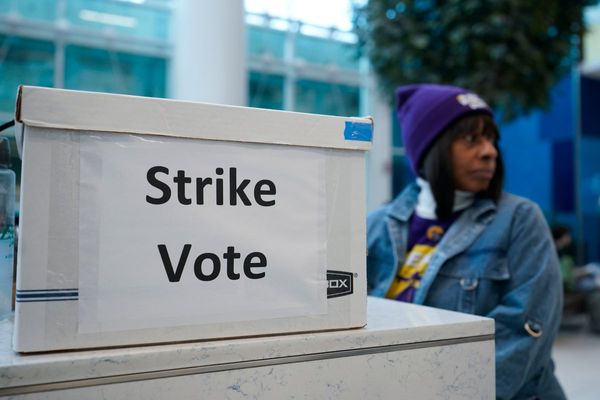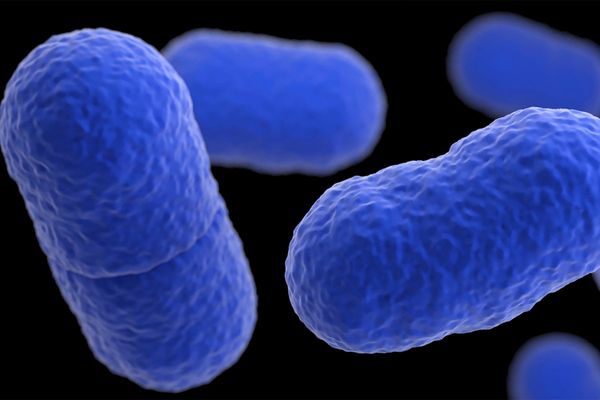Elon Musk sees himself more as a simple chief executive officer.
His name is certainly attached to the manufacturer of premium electric vehicles Tesla (TSLA) and to the space exploration and rocket company SpaceX, but the richest man in the world sees himself as a multi-faceted personality.
It is in this perspective that he takes a stand on various social issues and on political and geopolitical issues. Last month, for example, Musk shone the spotlight on mental health, which has been talked about a little more openly since the covid-19 pandemic.
The tech tycoon thinks psychedelics and ecstasy are more effective in treating mental illnesses. "Psychedelics and MDMA can make a real difference to mental health, especially for extreme depression and PTSD. We should take this seriously," Musk wrote on June 10.
Post-traumatic stress disorder, or PTSD, is a condition that's triggered by experiencing or witnessing a terrifying event, according to Mayoclinic.org, while MDMA (3,4-methylenedioxy-methamphetamine), also known as ecstasy or molly, is a synthetic drug that "alters mood and perception," says the National Institutes of Health.
'Don't Eat 3 hours Before Bedtime'
In April, the billionaire also surprised his millions of fans by urging them to stay away from amphetamines, like Adderall. He said they're dangerous.
"Adderall is an anger amplifier," Musk said back then. "Avoid at all costs."
Adderall is approved to treat attention deficit hyperactivity disorder, which includes having a short attention span and/or being hyperactive and impulsive. It's important to emphasize that Musk is neither a doctor nor a scientist, so he is not an expert on health issues.
But the world's richest man has more than 100.9 million followers on Twitter, and a majority of them are fans. They adore him and are likely to listen to his advice and recommendations.
The mogul has once again just played the role of a health professional since he now provides advice on how to deal with sleep disorders.
"For improved quality of sleep, raise head of your bed by about 3” or 5cm and don’t eat 3 hours before bedtime," the entrepreneur told his millions of followers on July 11.
In response, YouTube star Jimmy Donaldson, known as MrBeast, asked for more explanation: "Anyone want to explain why these two things help to me?"
"Good chance you’re experiencing at least mild acid reflux at night, affecting quality sleep without consciousness awareness," Musk responded.
"Ah, interesting. I currently sleep 9 hours a night and I’ve been trying to get it down without reducing my energy levels/brain function so maybe this will help," Donaldson commented again.
Relaxation
Millions of people are experiencing difficulty sleeping, according to studies. The pandemic, in particular lockdown and remote working, have considerably accentuated these sleep disorders, experts say. It is therefore a widespread but often underestimated problem in the population to see people who have trouble sleeping at night. It may be hard for some people to fall asleep, or they may wake up several times throughout the night.
Signs of sleeping difficulty may include an inability to focus during the day, frequent headaches, irritability, daytime fatigue, waking up too early, waking up throughout the night, or taking several hours to fall asleep, according to Healthline.com.
The Center for Disease Control and Prevention recommends "to receive an evaluation by a healthcare provider or, if necessary, a provider specializing in sleep medicine," because sleep difficulty may affect your physical and mental health.
"With the right approach, you can reliably fall asleep within a matter of minutes. One of the keys to smoothly falling asleep is relaxation," Dr. Abhinav Singh, sleep physician, and Eric Suni suggested in an article published by the Sleep Foundation. "The relaxation response can enable you to peacefully drift off to sleep."







